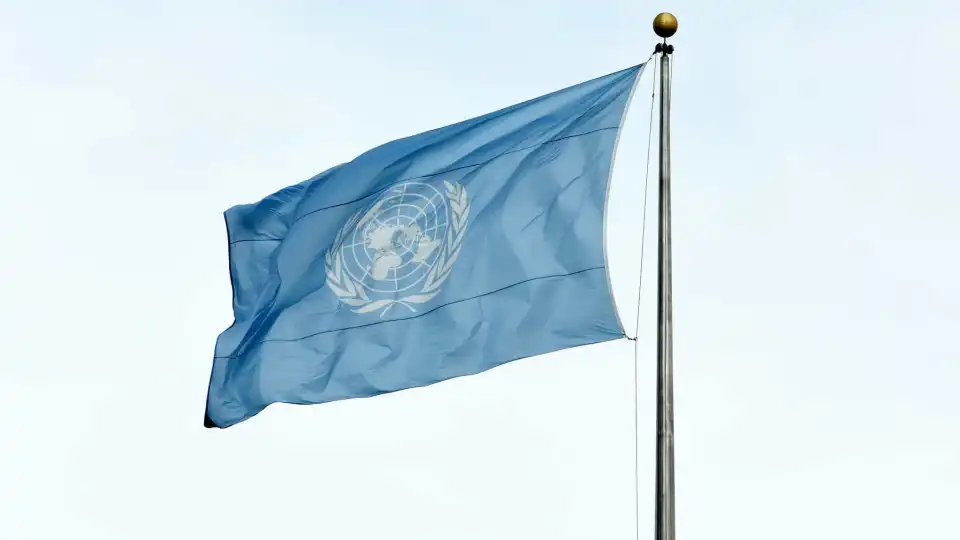UN. Interventions can help combat trafficking of animals and plants
Multifaceted interventions can have positive results in combating the illegal trafficking of wild animals and plants, which is still a global problem, the UN indicates in a report released today.

© Reuters

Mundo ONU
The World Wildlife Crime Report 2024 is the third such analysis produced by the United Nations Office on Drugs and Crime (UNODC), following previous studies in 2016 and 2020.
Thousands of threatened species are impacted by the trade, which also damages ecosystems, but "this report also provides reasons for optimism" in that "some persistent wildlife trafficking sectors appear to have been suppressed in recent years through multifaceted interventions".
These actions, including political commitment, law enforcement and market disruption, may have resulted in "reductions in the poaching and illegal trade in elephant ivory and rhinoceros horn over the past decade".
The study's authors believe that while the situation is not resolved, these "examples demonstrate that substantial progress is possible", also continuing to advocate for investigations after the seizure of trafficked goods, international cooperation and coordination, demand reduction initiatives, greater engagement with local communities and the tackling of corruption.
This ranges from bribery at checkpoints along trade routes, to facilitate the passage of illegal goods, to high-level influence in the issuing of permits and judicial decisions.
"Criminality continues to undermine the impact of laws designed to reduce harm" resulting from the "unsustainable trade in wildlife", as well as damaging socio-economic development and creating governance challenges, UNODC found, noting that traffickers exploit inconsistencies and gaps in legislation and its enforcement.
To reduce the possibility of trafficked goods entering legal trade in other jurisdictions, the study recommends requiring "stronger evidence of legal origin for (their) imports", as is already the case under the Convention on International Trade in Endangered Species of Wild Fauna and Flora (CITES) for listed species and, for example, in European Union legislation covering the timber trade.
The study analysed more than 140,000 seizure records from 2015-2021, which show that illegal trade occurred "in 162 countries and territories" and affected "around 4,000 species of plants and animals", close to 3,250 of which are included in CITES appendices.
The seizures over the seven years included "13 million items", destined for food, medicine, pets, and "luxury" goods, the report said, stressing that "actual levels of trafficking (...) are considerably higher than recorded seizures".
UNODC said that assessing trends over the 2015-2021 period showed that "the annual number of reported seizures in 2020 and 2021 was approximately half the number reported in each of the four preceding years".
But it cautioned that "it is not possible to be certain" whether this reflects "a genuine reduction in trafficking levels" or is the result of reduced reporting, fewer enforcement operations, or changes in the marketing and transportation of illegal goods that make their detection less likely, noting that "any of these factors" could be "attributable to disruptions due to the COVID-19 pandemic".
The report also records an increase in national, regional and international action to combat wildlife crime.
"The diversity of institutions working to reduce trafficking (...) and initiatives has increased substantially over the past decade", it said, arguing that "to make the most of this effort, more structured coordination is needed between government and multilateral agencies, civil society organizations, academia and the private sector".
It also argues that interventions against the trafficking of animals and plants "are likely to be most effective if planned and implemented" as part of "broader strategies to address over-exploitation of species and related harms for specific sectors of the wildlife trade, such as markets for rosewood or live reptiles".
Case studies included in the report focus on the illegal trade in orchids, seahorses, rosewood, elephant ivory, rhinoceros horns and pangolins.
Read Also: UN warns of growth in Portuguese-speaking drug trafficking market (Portuguese version)


Descarregue a nossa App gratuita.
Oitavo ano consecutivo Escolha do Consumidor para Imprensa Online e eleito o produto do ano 2024.
* Estudo da e Netsonda, nov. e dez. 2023 produtodoano- pt.com



